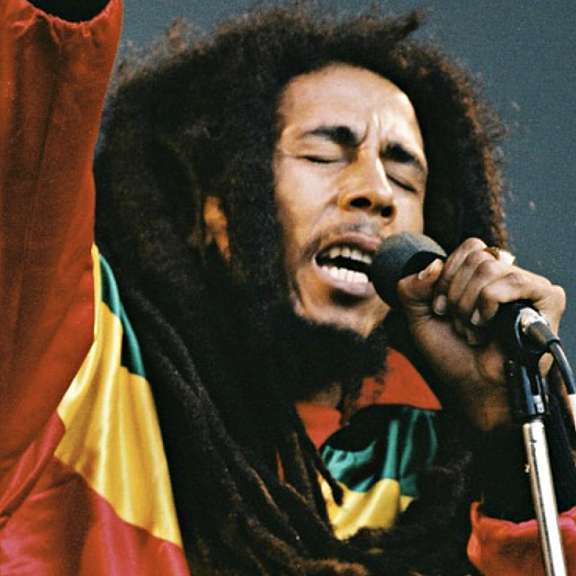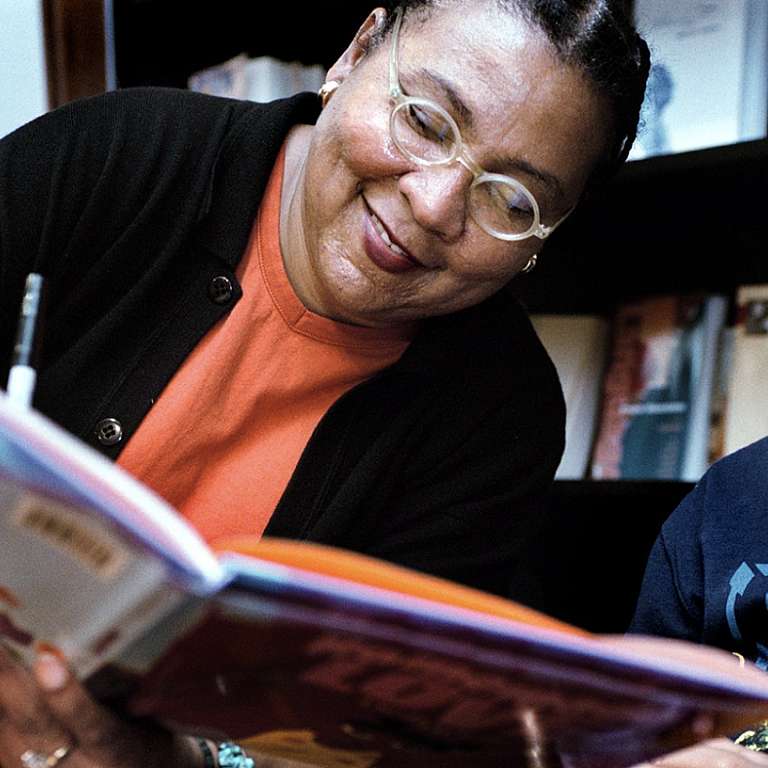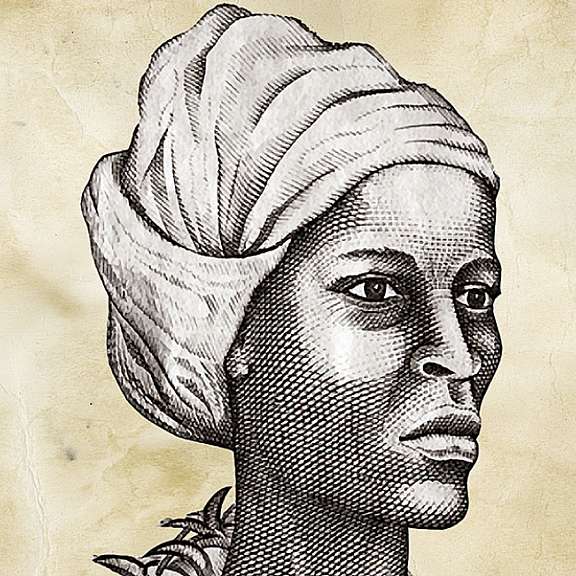Osborne Celebrates Black History Month
Please enjoy these excerpts from Osborne’s collection of Actual Factuals, daily accounts of Black History written over the month of February by Monica Tolliver, Assistant to the Executive & CEO with contributions from Andrea Goupalsingh, Program Director, and Laura Roan, Program Director. Actual Factuals recognize and celebrate the accomplishments and achievements of Black people throughout the diaspora.
Read all of February's Actual Factuals here.Selected excerpts for Black History Month

Bob Marley
“The lyrics in Bob’s music are undeniably political and spiritual, as they evoke memories, ignite thoughts, and spark discussion. Without question, Bob is one of the most influential musical legends of our time. His words transcend culture and class and unite people through their strength. Bob was not afraid to protest the many, different ways that Black people are oppressed.”

bell hooks
“bell hooks wrote about love – love of self (especially the oppressed self), love of those who are different from yourself, and love as a verb. She also believed love was foundational for all justice, and it was bound in truth, transformation, and hope.”

Nanny of the Maroons
“Nanny was a military leader through and through. She is credited with being the military leader of the Windward Maroons. She led her warriors to countless victories in battles against the British, who had captured and colonized Jamaica in 1655. She and her warriors used a variety of military tactics, including guerilla warfare tactics before that phrase had been coined.”

The University in Timbuktu
“The site of the first African university is Sankoré in Timbuktu . . . The university became so famous that scholars came to it from all over the Muslim world. State leaders such as Mansa Musa of Mali, Askia Muhammad I of Songhay, Sheik Amadu of Fulani caliphate of Massina, and Emirs of Sudan often sent questions on major issues to Circle of Knowledge for guidance, demonstrating centrality of university education in the sustainability of society.”